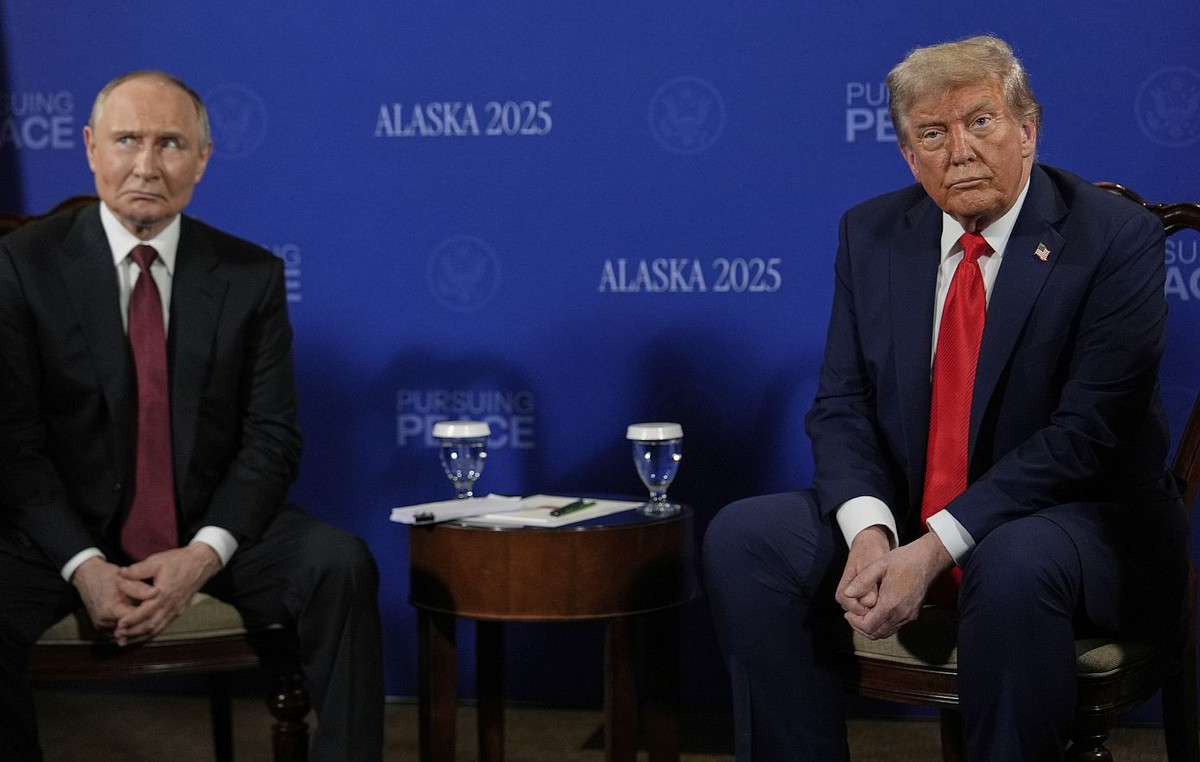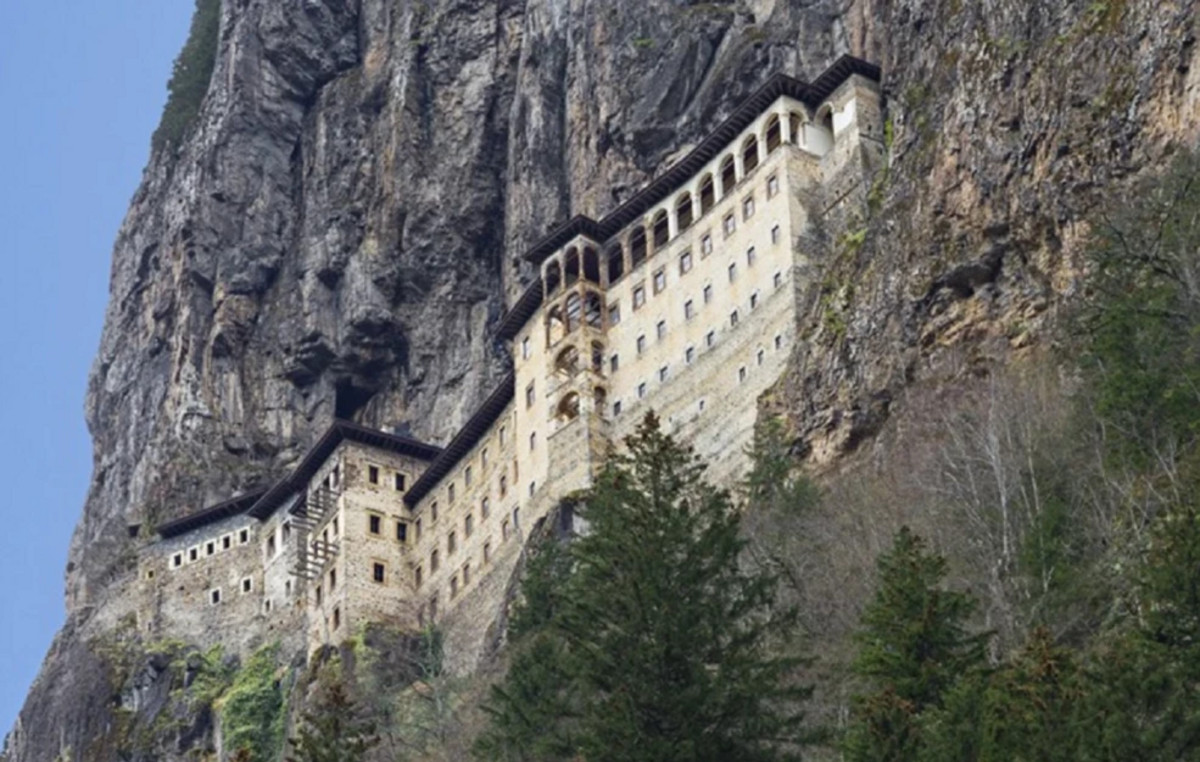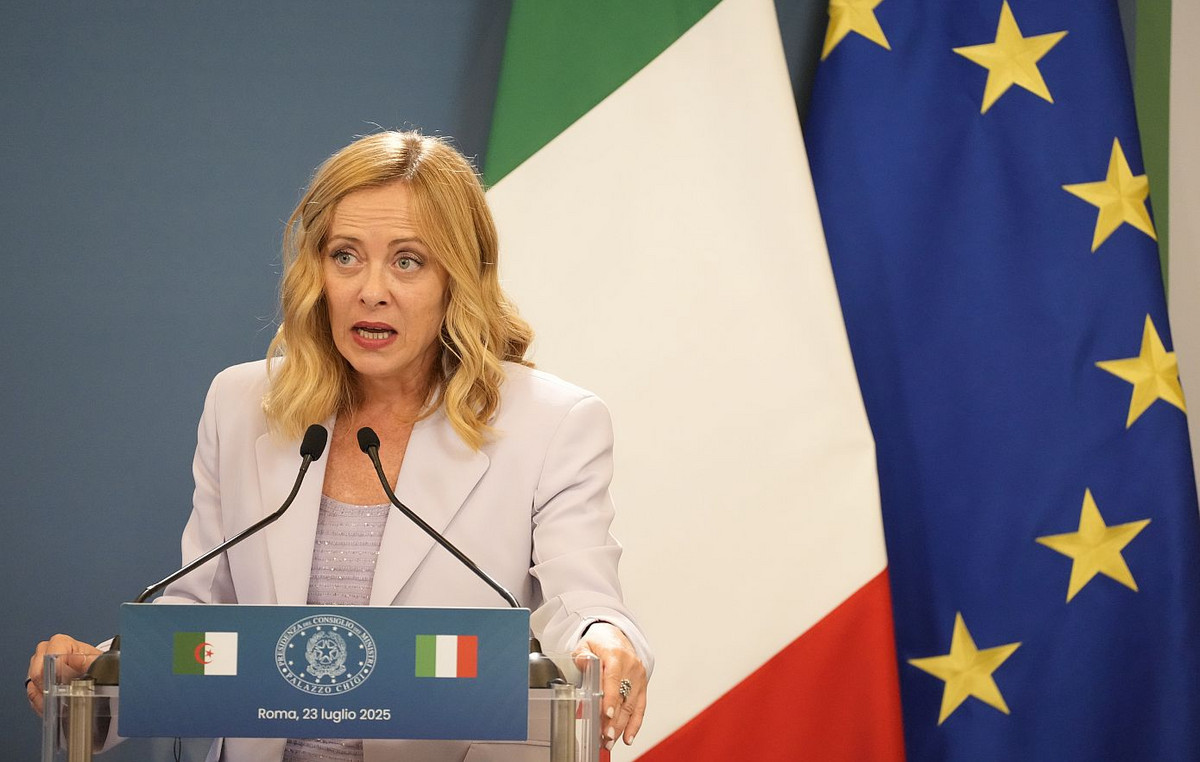Much is different in the release of the second book of the trilogy that began with the phenomenon “Torto Arado” – which has sold more than 700,000 copies since 2019 –, but the theme in “Salvar o Fogo”, launched by the publisher Toda at the end of April, remains the same: the relationship of a people with the land in which they live and through which they guarantee their survival.
This time, Itamar Vieira Junior introduces us to a family that lives on the banks of the Paraguaçu River, in the Bahian Recôncavo, in the shadow of a monastery. And it’s a welcome surprise when characters from “Torto Arado” reappear on the pages.
Licensed employee of the National Institute of Colonization and Agrarian Reform (Incra), the writer describes a Brazil that he has known closely over the 17 years of his career, and which seems to continue dealing with the same issues that already existed centuries ago.
Between the launch events for the new book in Brazil and international commitments, Vieira Junior, who is now fully dedicated to literature, spoke to the CNN about the expectations that preceded his new book, the influence of his work as a geographer on writing and the experience of taking the interior of Bahia to the other side of the world. The writer is from Salvador, Bahia.
I had the privilege of getting to know Brazil in depth
By the end of May, the author will hold a series of meetings in Brazilian capitals to launch the new book, which has sold 37,000 copies in pre-sales alone. Quite different from the small print run released in Salvador of “Torto Arado” in 2019.
Itamar says that he was a little apprehensive after the success achieved with the book that won the LeYa, Jabuti and Oceanos awards, – “Will people create this expectation that it will always be a Torto Arado?” – But that he managed to distance himself from the feeling to write.
Graduated in geography and after almost two decades working as an employee of Incra, he took a leave of absence to dedicate himself exclusively to writing, but accumulated the work experiences to inspire his books.
“Literature is something that is made of a lot of observation, memory and imagination”, he said. “I had the privilege of working and getting to know Brazil in depth, in addition to the books we read. Being able to really get to know Brazil, from its many places, from its many stories. And I think that work was fundamental for me to write about this reality.”
In view of the recent actions of the Landless Rural Workers Movement (MST), which intensified its activities in the new government, and the constant dispute over land in its books, whose stories show powerful people trying to steal territories from a vulnerable portion of the population, Itamar says: “It seems to me that the question of land is a central question for understanding Brazil’s inequalities”.
“Public policy is necessary, and when public policy is not enough, it remains for social movements to demand it. I think that all the civilizing advances we’ve had in recent decades owe a lot to the democratic environment, the environment of free demonstration where people can claim their rights.”

Although he says he does not believe that literature needs to have some kind of function, because it is art, the author also points out that through it we manage to put ourselves in the other’s shoes, and understand the importance of movements that are distant from our reality.
“No society will be more democratic and less unequal if we do not have the ability to understand its diversity. And literature can allow us to understand a little, to penetrate a little into the diversity of our environment, our time, our society”, she said.
Taking Bahia to the other side of the world
In April, Vieira Junior was in Japan for the launch event of the Japanese edition of “Torto Arado” – which has already been translated into more than 20 countries.
When asked if he is surprised that a story from the interior of Bahia can be successful on the other side of the world, he says that he is surprised as an author, but not as a reader.
“When I remember the works of universal literature that I read and that made me like literature and want to write, and allowed me to experience new things, I think that they are works from different parts of the world, but that still kept a little something It’s universal,” he said.
“The issue of territory is something very human, right? In any society, in any culture, in any country, the territorial issue is fundamental. There is no human being without the ground he walks on. If we think of major conflicts in the world, the Palestinian issue, what is happening now between Russia and Ukraine, is a territorial dispute.”
In addition to the translation into other languages, “Torto Arado” must also be adapted into a series on the streaming platform HBO Max . The direction will be done by filmmaker Heitor Dhalia, and five black women were hired to take care of the script: Luh Maza, Renata Di Carmo, Maria Shu, Viviane Ferreira and the assistant screenwriter, Ceci Alves.
Vieira Junior said he has the same expectations for the series as any future viewer. “I talked to them, but without commitment to actively participate in the project.”
“My thing is literature, and if I took part in this project I wouldn’t be able to write other things. I’ll watch it after it’s ready,” he said.
“I am not religious, but I am superstitious”
As for the next book, which would close the trilogy imagined by the writer, he said he already has a story in mind, but he doesn’t know when the work will arrive. The scenario is already defined – “It will be in Bahia, it couldn’t be anywhere else”.
Before writing, Itamar does not intend to reveal any more details: “I am not religious, but I am superstitious.”
Just like the characters in her book – who “began to say they were Catholic, Christian, to finally remember that they were also daughters of Cachoeira [BA]land of a saint and knew how to work with ebó and dispatch” – he grew up in a very religious family, Catholic on his mother’s side and evangelical on his father’s side, but the mystical elements and Afro-Brazilian religions were also always present in his day -a-day.
“After all, we live in Bahia, so it wouldn’t be any different,” he said.
If today he does not consider himself religious, he does not abandon his “patuás” either.
“I carry objects that belong to my family who have died. There is a rosary of my grandmother that I carry everywhere, although I don’t pray, I carry it as an amulet. There’s also a keychain my dad gave me,” she said.
Faith, for him, takes place through this kind of reverence for ancestors and ancestors – who, not by chance, are the protagonists of the most mystical moments in the book.
“It’s a kind of gratitude for life, for being here,” he said. “Everything I do in life, somehow my feet don’t walk alone. My steps come from afar.”
“Save the Fire” can be found for sale at site from Editora Toda for R$ 76.90.
Source: CNN Brasil
I’m Robert Neff, a professional writer and editor. I specialize in the entertainment section, providing up-to-date coverage on the latest developments in film, television and music. My work has been featured on World Stock Market and other prominent publications.







